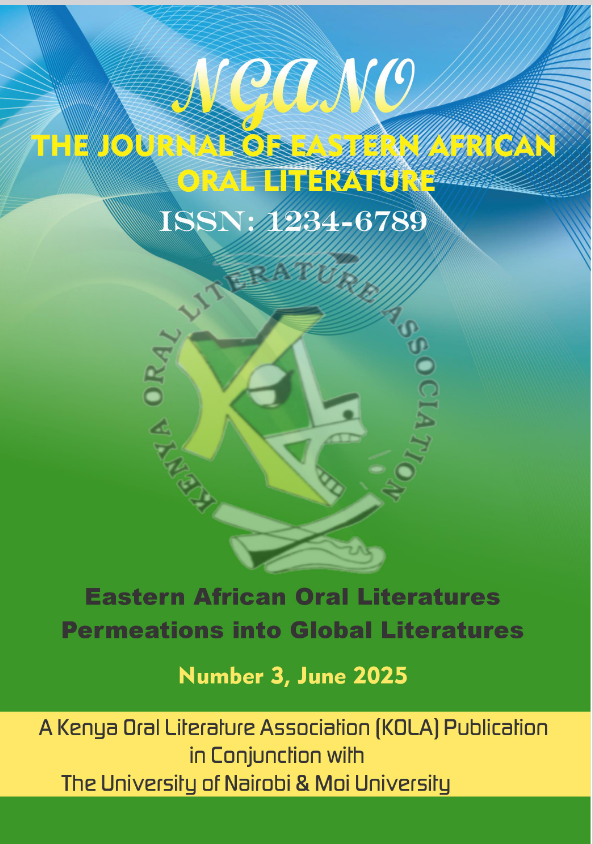Oralising the Written in the Audiobook: Technology-Mediated Transformations of the Narrative Space
Abstract
The major distinctions in our experiencing of the narrative is primarily the binary between the reception of the oral and the chirographic, whereby oral narratives are perceived aurally while written texts are experienced by both visual and tactile senses. The digitization of the written text into the read-along, audio-novel and talking book, the various types of the audiobook has shifted the modal agency of the written narrative into the oral narrative space. While the audiobook narration of the written novels is not a direct correlation of the performance of an oral narrative, the oralising aspects of auralising the written text is examined here for the ‘supremacy’ of speech over orthography in enhancing the narrative experience for the naratee. The paper brings the theoretical perspectives on listening into a reconfigured discourse with sociological symbolic interactionism by George Mead and Jacques Lacan’s psychoanalytic human development, with emphasis on the Real, the Imaginary and the Symbolic, to tease out the implications of the audiobook. The paper argues that the audiobook fulfils the desire for relational engagement with the narrator of the audio-novel as an aural agency rather than as an imagined entity, as is attainable in the act of reading. It also concludes that the choice of listening to the audio-novel is expression of the desire to return to the uncanny pristine orality afforded by the audiobook narrator. The paper contributes to studies on the electronic cultures in narrative as they create an interface between oral and written cultures.

